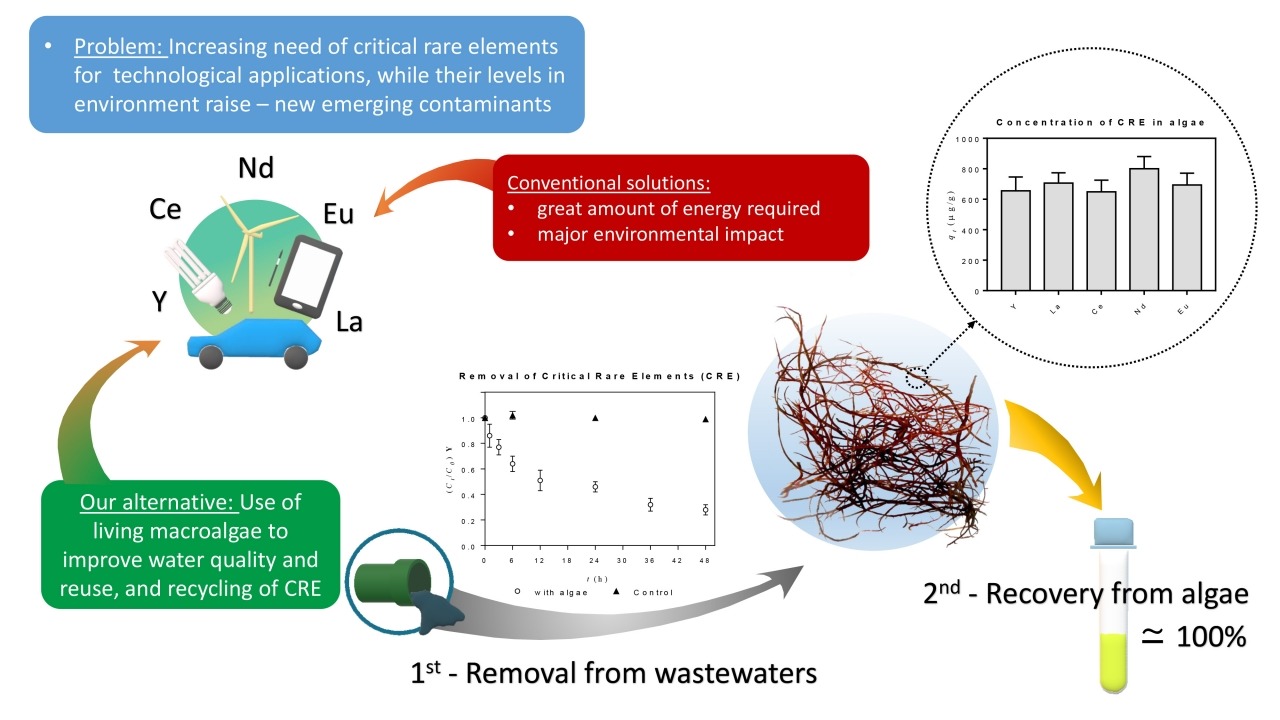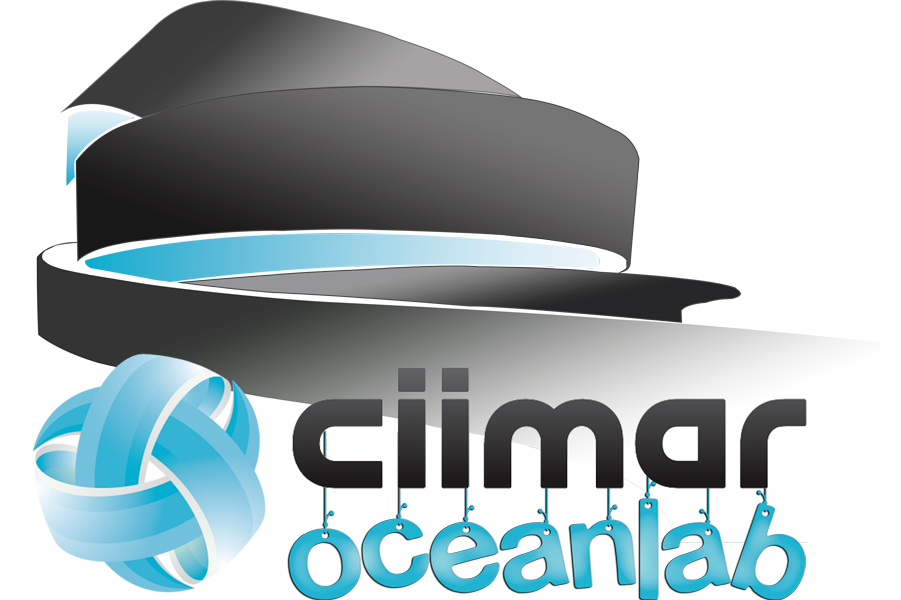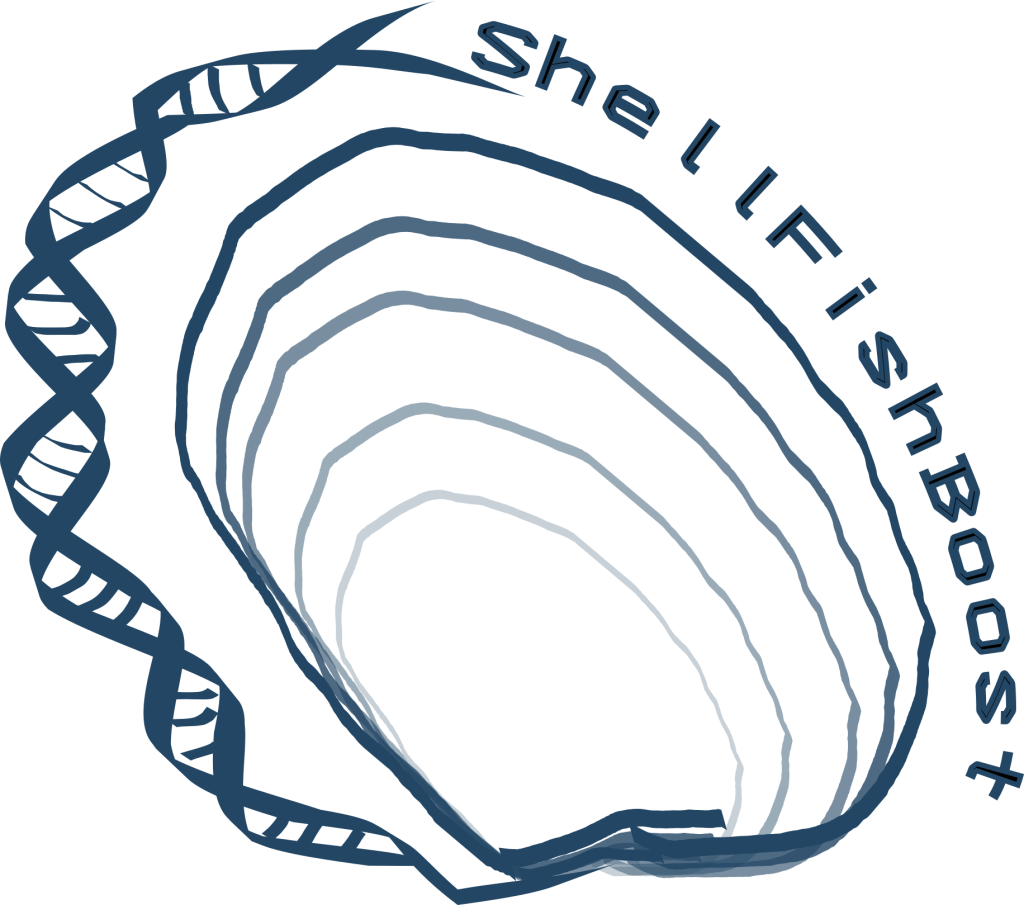

Researcher
Carlos Vale holds habilitation/aggregation in chemical oceanography; former head of department, head of scientific council and deputy director of IPMA, and vice-president at ICES; presently is supervisor of PhDs and mentor of post-docs at CIIMAR and University of Aveiro. Associated with the Master course “Marine Sciences –Marine Resources (ICBAS). Expertise includes behaviour of contaminants in marine ecosystems, interactions with organisms, and impacts of contaminants in evolving environmental systems. He is co-author of more than 200 peer-reviewed articles and 40 book chapters.











